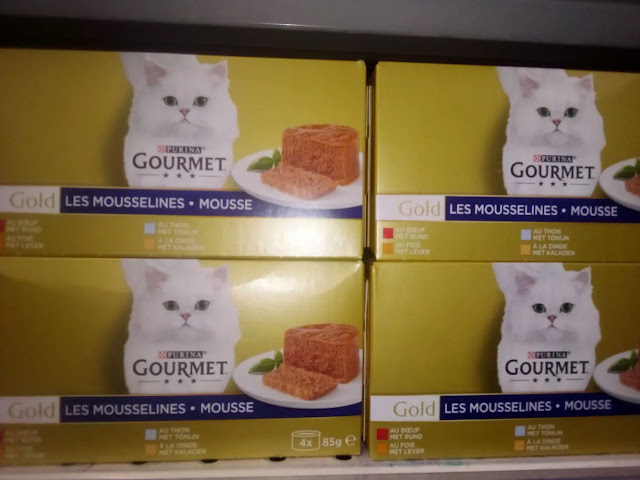You've just welcomed an adorable kitten into your home. In order for her to grow up in optimal conditions and become a healthy adult, you'll need to meet her energy needs with a balanced diet and at a frequency adapted to her age. Our advice.
How often should I feed my kitten?
At birth, kittens begin by drinking their first milk (colostrum), rich in antibodies, which protects them from infectious diseases. For the first few weeks of life, they will continue to feed exclusively on their mother's milk, which is a source of nutrients essential to their growth. From the fifth week onwards, the cat begins to distance herself from her offspring and rebuke her when she wants to suckle. As her teeth grow, nursing becomes increasingly painful for her and weaning begins gradually, usually ending between the 6th and 8th week.
Feeding an orphaned kitten
If you have to care for an orphaned kitten, the ideal solution is to find a surrogate mother. If this is not possible, you will need to bottle-feed the kitten until it is able to eat solid food. Before the age of one month, he cannot digest or excrete anything other than milk. You will need to get a special kitten bottle and replacement milk from a pharmacy or vet (not cow's milk, which she cannot digest). Then, you should feed him every 3 hours, including at night, taking care to :
- Sterilise the bottle and teat in a pan of boiling water for a few minutes;
- Dry the utensils before use;
- Prepare the milk according to the instructions on the pack;
- Place the teat in the kitten's mouth and allow it to drink until it stops on its own;
- Massage the kitten's perineum at the end of meals, as at this age she cannot relieve herself.
Feeding the kitten during weaning
A kitten that is ready to be weaned will start chewing on its mother's nipple (or bottle nipple) at around four to five weeks of age. This painful behaviour causes the cat to push her kittens away and this is when the transition must take place. When it is time to wean, consider changing the young cat's food gradually to avoid digestive problems. To facilitate the weaning process, it is advisable to:
- Gradually reduce the proportion of milk in favour of solid food;
- Place a small amount of special kitten food or kibble in a bowl. You can find protein foods on the market that he will digest very well when he is being weaned;
- Offer a daily ration according to the manufacturer's instructions;
- Add a little formula, water or meat juice to the bowl to soften the contents. Crush if necessary;
- Leave the meal out as kittens eat mini portions throughout the day (but be sure to discard what has not been eaten within 24 hours);
- Monitor the amount of solid food ingested daily and adjust the doses depending on whether the kitten is eating all of it or on a leash;
- Give a few small extras, such as minced pieces of cooked chicken or tuna;
- Make water available at all times.


Post a Comment